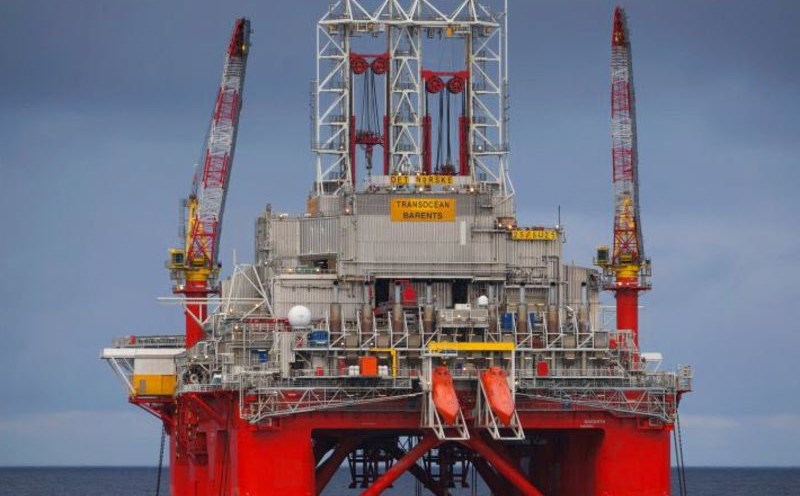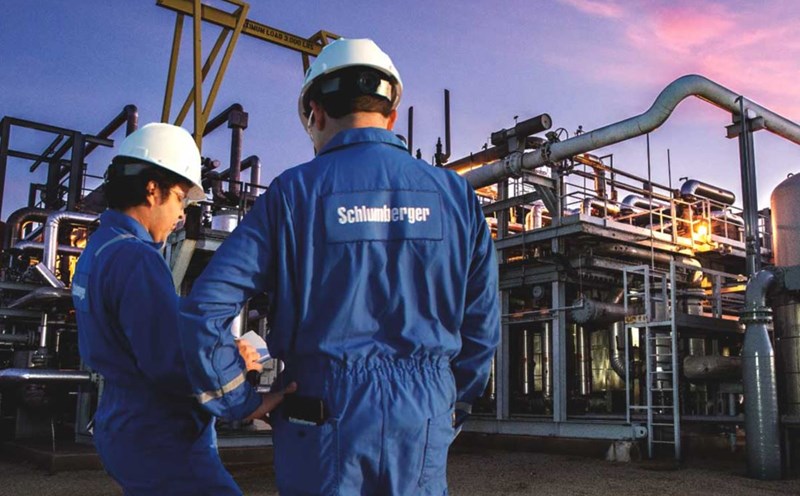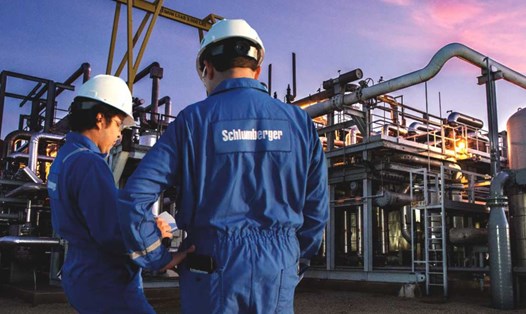RT reported that Hungary and Serbia have decided to speed up the construction of a new oil pipeline to supply crude oil from Russia to Serbia via the Druzhba pipeline system.
Hungarian Foreign Minister Peter Szijjarto said the decision came after the latest US sanctions on Russian oil and Ukraine's refusal to transit Russian gas to European countries.
The agreement to build a new pipeline was signed by Hungary and Serbia in October 2022, with the goal of transporting Russian Urals crude to Serbia via the Druzhba system - one of the world's longest oil pipeline networks, stretching about 4,000 km from Russia to refineries in the Czech Republic, Germany, Hungary, Poland and Slovakia.
In a Facebook post following a phone call with Serbian Energy Minister Dubravka Djedovic Handanovic, Mr. Szijjarto emphasized that recent energy crises, mainly due to political factors, have proven the importance of close cooperation between countries to ensure energy security.
Learning from the past few weeks, we have agreed to accelerate joint investments in the fields of energy and energy security, including creating new power connections between the two countries and building the first common oil pipeline, Szijjarto said.
The Hungarian Foreign Minister described Serbia as a strategic partner, affirming that Hungary's energy security cannot be separated from Serbia and vice versa. He also criticized the sanctions of political powers, saying that they caused many serious difficulties and did not take into account the interests of the allies.
Serbia, which is heavily dependent on Russian oil supplies via Croatia, is being strongly affected by Western sanctions against Russia. Since 2022, sanctions have included a ban on the transportation of Russian oil by sea and a price cap of $60 per barrel for other types of oil.
The situation has been further complicated by the latest US sanctions, targeting two major Russian oil producers - Gazprom Neft and Surgutneftegaz - along with their subsidiaries, including Naftna industrija Srbije (NIS), which is responsible for supplying Russian oil to Serbia and neighboring countries. Related insurance providers and more than 30 oil and gas service companies, along with more than 180 Russian oil tankers, were also blacklisted.
Szijjarto warned that these expanded sanctions could lead to a significant increase in fuel prices in Hungary and other countries in the region. In this context, the construction of a new pipeline is not only an important step to ensure stable oil supply but also a strategic solution to reduce the negative impact of international sanctions.
The new oil pipeline project is expected to enhance energy cooperation between Hungary and Serbia, while strengthening the energy autonomy of both countries in the face of global geopolitical fluctuations.











